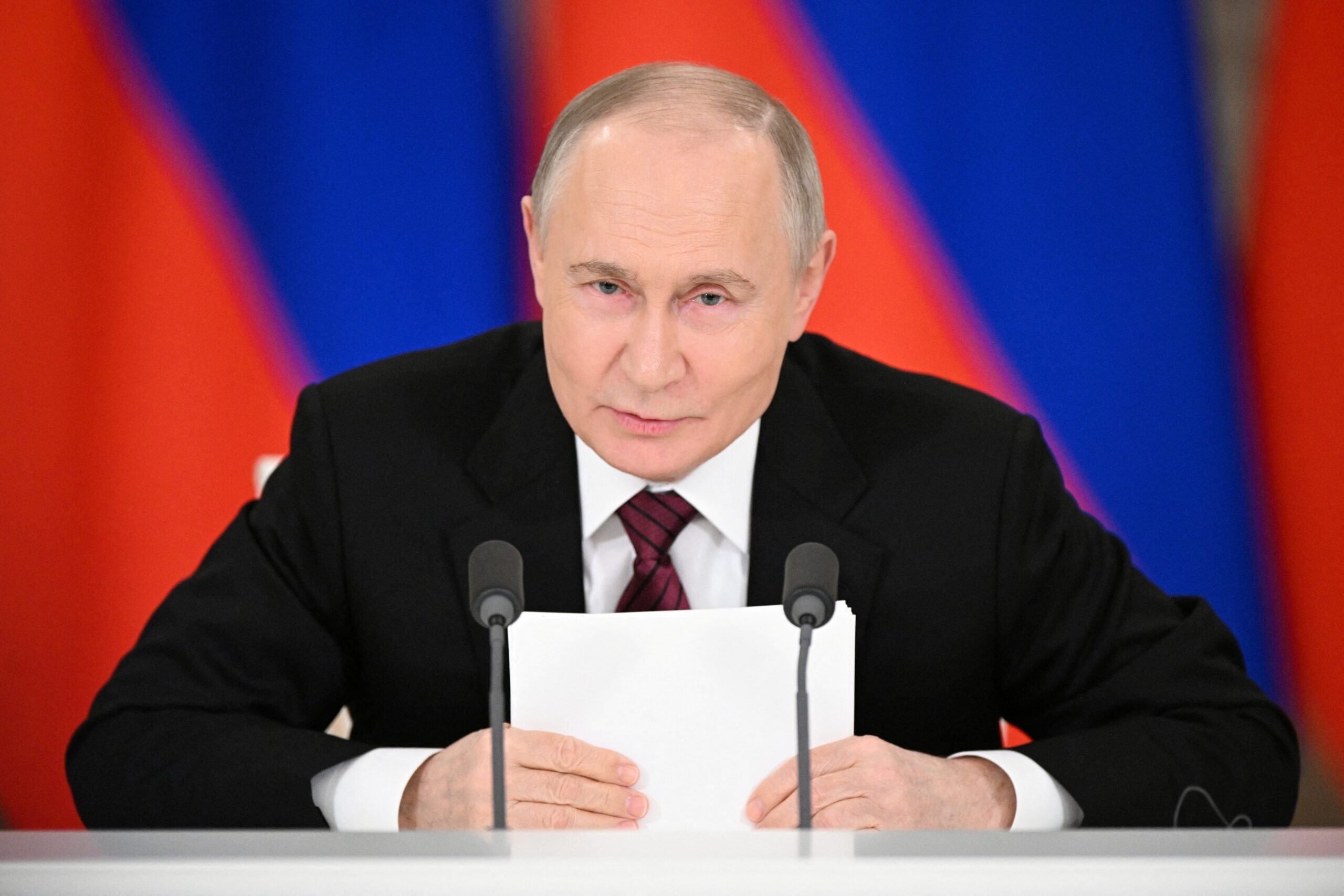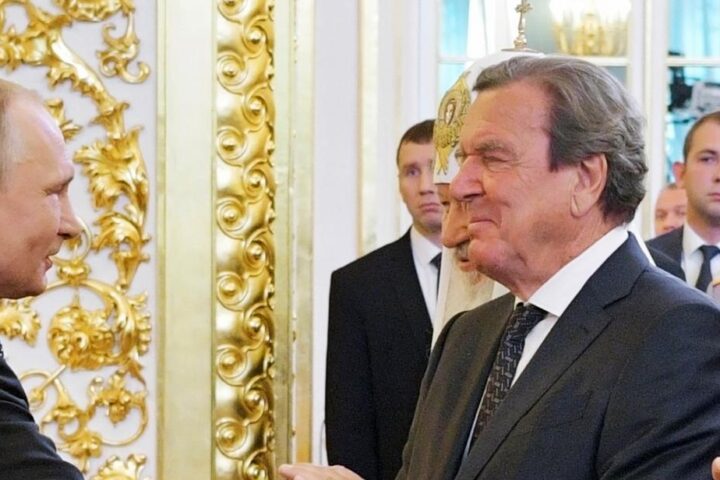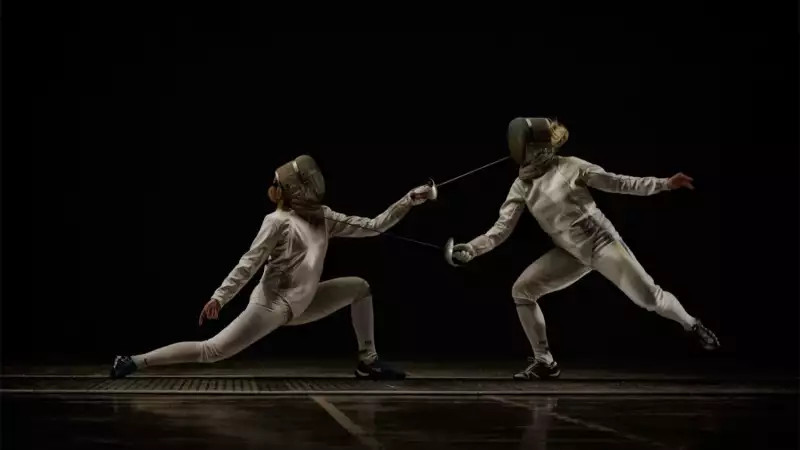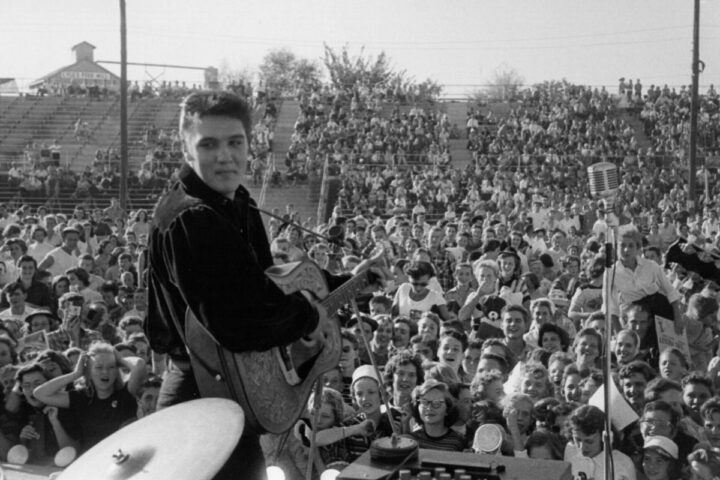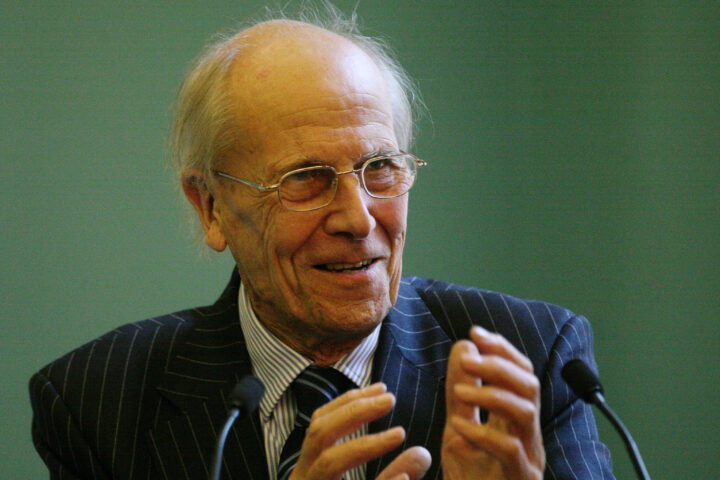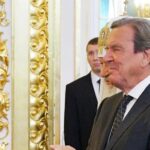Russian President Vladimir Putin has proposed direct talks with Ukraine aimed at ending the war, an initiative welcomed by Ukrainian President Volodymyr Zelensky who said Kyiv was willing to talk but Moscow must agree to a ceasefire.
Speaking at the Kremlin, Mr Putin proposed direct talks with Ukraine in Istanbul on Thursday 15 May.
It came hours after Ukraine and the leaders of France, Germany, Britain and Poland had called for an unconditional 30-day ceasefire.
“We are proposing that Kyiv resume direct negotiations without any preconditions,” Mr Putin said in a televised statement.
“We offer the Kyiv authorities to resume negotiations already on Thursday, in Istanbul.”
Mr Zelensky said in a statement on X that it was “a positive sign that the Russians have finally begun to consider ending the war” but “the very first step in truly ending any war is a ceasefire.”
“We expect Russia to confirm a ceasefire – full, lasting, and reliable – starting tomorrow, May 12th, and Ukraine is ready to meet,” he said.
US President Donald Trump, who says he wants to be remembered as a peacemaker and has repeatedly promised to end the war, said a great day was dawning for Russia and Ukraine if the “bloodbath” of the war could be ended.
“A potentially great day for Russia and Ukraine!” Mr Trump said on Truth Social. “Think of the hundreds of thousands of lives that will be saved as this never ending ‘bloodbath’ hopefully comes to an end.”
Mr Putin’s proposal for direct talks with Ukraine came hours after major European powers demanded in Kyiv yesterday that Mr Putin agree to an unconditional 30-day ceasefire or face “massive” new sanctions.
Mr Putin dismissed what he said was the attempt by some European powers to lay down “ultimatums”.
He said that he does not rule out that during his proposed talks in Turkey both sides will agree on “some new truces, a new ceasefire,” but one that would be the first step towards a “sustainable” peace.
“We propose to the Kyiv authorities to resume the talks that they broke off in 2022, and, I emphasise, without any preconditions,” Mr Putin said.
Russian and Ukrainian negotiators held direct talks in Istanbul in the first weeks of the conflict, but failed to agree to halt the fighting, which has been raging ever since.
“We propose to start (negotiations) without delay on Thursday 15 May in Istanbul,” Mr Putin said, adding that he would talk to Turkish President Recep Tayyip Erdogan soon to ask his help to facilitate the talks.
Mr Putin said he was “committed to serious negotiations with Ukraine” and that he wanted talks to “eliminate the root causes of the conflict and to establish a long-lasting peace”.
Russia’s references to the “root causes” of the conflict typically refer to alleged grievances with Ukraine and the West that Russia has put forward as justification for launching the offensive in February 2022.
They include pledges to protect Russian speakers in the country’s east, push back against NATO expansion and stop Ukraine’s westward geopolitical drift.
‘Anti-Russian rhetoric’
Ukraine and the West have rejected all of them, saying Russia’s offensive is nothing more than an imperial-style land grab.
“We do not exclude that during these talks we will be able to agree on some new ceasefire,” Mr Putin said.
But he also accused Ukraine’s Western backers of wanting to “continue war with Russia” and – without mentioning the specific Ukraine-European proposal for a 30-day ceasefire – slammed European “ultimatums” and “anti-Russian rhetoric”.
The address in the Kremlin, attended by AFP, came hours after French President Emmanuel Macron, German Chancellor Friedrich Merz, British Prime Minister Keir Starmer and Polish Prime Minister Donald Tusk gathered in Kyiv in a symbolic show of support for Ukraine.
Together with Mr Zelensky, they pressed Russia to accept a 30-day unconditional ceasefire starting from tomorrow, threatening Russia with new sanctions if it did not comply.
The United States and other countries back the proposal, they said.

“We have just now… decided to support a ceasefire which will begin next Monday, without any preconditions,” Mr Macron told a press conference.
The leaders also held a video conference with their counterparts from about 20 other member countries of the “coalition of the willing” supporting Ukraine.
“In the event of a violation of this ceasefire, we have agreed that massive sanctions will be prepared and coordinated between Europeans and Americans,” Mr Macron said.
The United States and Ukraine have for weeks pushed a similar proposal, which Russia has not accepted.
Mr Trump had threatened to walk out of talks over the lack of progress on ending the war, after vowing during the US election campaign to halt the conflict within a day of taking office.
Ukraine and its allies had feared that Mr Trump was pivoting towards Russia because he had clashed with Mr Zelensky. But Mr Trump has recently expressed growing impatience with Mr Putin.
‘Absolute unity’
“The position we’ve now got to is absolute unity across a whole range of countries around the world, including the United States, that there must be that 30-day unconditional ceasefire,” Mr Starmer said.
The five leaders in Ukraine held a “fruitful” call with Mr Trump to update him on the meeting, Ukrainian Foreign Minister Andriy Sybiha said.

“For the first time in a long time we had a feeling that the whole free world is truly united,” Poland’s Mr Tusk said.
“We know that the real test is before us and before Putin. We will be waiting for Russia’s reaction,” Mr Tusk added.
European Commission President Ursula von der Leyen also supported the truce that she said “must be implemented without pre-conditions to pave the way for meaningful peace negotiations”.
Mr Macron said the ceasefire would be “mainly” monitored by the United States but that “Europeans will contribute”. He said a truce would pave the way for “immediate work and negotiations with parties involved to build a robust and lasting peace”.
In response to Mr Putin’s proposal, Mr Macron said it is “a first step, but not enough.”
“An unconditional ceasefire is not preceded by negotiations,” Mr Macron told reporters as he stepped off a train in the Polish city of Przemysl on his return from a trip to Ukraine, adding that Mr Putin was “looking for a way out, but he still wants to buy time”.
